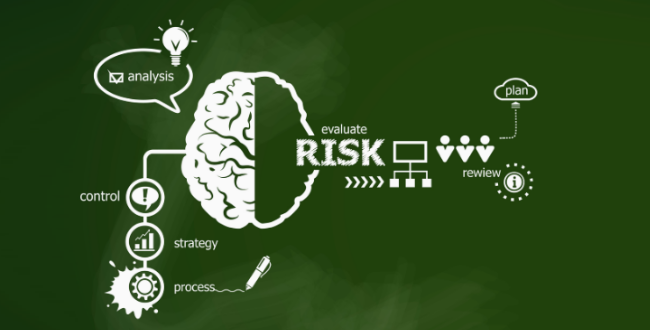Project Managers: Deepen Your Skills with These Courses!
I’ll break this into three categories:
1. Courses I’ve taken and recommend
a. The University of Chicago Graham School, postgraduate Project Management Strategy certificate series. I took this series of courses and enjoyed the quality of the program. I learned quite a bit about project management, which is saying something, since I had already earned my PMP and for over a decade had been fully engaged with one of the preeminent construction project management firms in the world. I particularly appreciated the Negotiation class. What are project managers if not negotiators? Read More
Benefits of Using Weather Data When Project Planning
We all intuitively understand that we have to plan around the weather: What will the temperature be? Will my morning drive be icy? But for professional planners and schedulers weather is higher-stakes: an unexpected few days of rain can cause a project to be completed later than contractually agreed. Managing these risks matters – but exactly what risks does weather pose? How do we think about them?
Excel Jail?
The Path To Commutation Is Just A Click Away.
Life is hard enough without needlessly committing to systems that make what we do for a living hard also. Planning behind the grid lines of a tabular existence is one of those unnecessary experiences that we can opt out of. Even with the comfort of formulas. Even with the sophistication of VLOOKUP, it is still drudgery.
Planning and scheduling is far too elegant for the confines of Excel. How can one paint a picture of a plan with numbers? How can dependencies and timescales be articulated in a world of A1 to C3?
Top Ten Signs Your Planning Software is Failing
It’s unfortunate that some planning professionals don’t realize that they aren’t running according to plan until the project is over. It’s not until hindsight that they can clearly see the impact on both their staff and finances. Because not all software is created equal, I’ve outlined some signs that can help you mitigate the risk in working with subpar software.
More Shocking Revelations From Dr. Gui on GPM Simulations: Build a better model, get a better simulation.
Some might say, if it’s not broken, don’t fix it, those are the same folks who fail to innovate, time and time again. In the case of CPM’s current model, it’s surely broken. Every time a CPM monte carlo is executed the process is as follows:
The user selects a duration from the range for each activity then the model runs the forward and backward pass. This yields a single iteration. It is run as many times as required in order to achieve convergence. Read More
Irrational Optimism in Risk Analysis
“Optimism is the madness of insisting that all is well when we are miserable.” – Voltaire
In case you happened across this post before reading the first post in this series, check that one out. This post will be here when you are done.
Now, as Kahneman taught us decades ago, there is bias in the qualitative portion of risk assessments. However, Dr. Gui Ponce de Leon and Dr. Vivek Puri have recently discovered that there is a substantial optimistic bias baked into the supposedly “scientific” portion of a risk analysis.
Up to now, all schedule risk analyses have been performed based on a Critical Path Method (CPM) Schedule. A CPM is calculated in such a way that each and every activity in the model will start on the earliest possible date; that’s just the way CPM works. However, that is not how projects work! I’ve polled hundreds of planners and project managers and have yet to find a single instance where a project completed and each activity started on the earliest possible date. In a real world project, as one part of the project gets behind schedule, other parts of the project float or pace to adjust. A CPM schedule risk analysis is not capable of modeling this real world behavior.
Hey, Schedule Risk Analysis – Your Math is Wrong
“Pure mathematics is, in its way, the poetry of logical ideas.” – Albert Einstein
Many believe that Einstein struggled with math, but that is a myth. In fact, he excelled in mathematics from a very young age. I imagine Einstein working on countless equations in a large room filled with chalkboards, hands covered in chalk as his greatest mathematical contributions poured from his mind, only for many benefactors to forsake them!
Despite the fact that math is generally a logical science, the art of estimation has never been further from accuracy than it is in the arena of planning and scheduling. There is a reason for this.
Read More
The Economics of Collaboration
Do interactive planning sessions and collaboration make or lose money for my business?
There is no question that collaboration will cost you money up front. If you want to get a group of people together in a room to talk about a project, it’s going to cost you money. Even if the people are salaried employees rather than outside consultants, there’s an opportunity cost for each person for each hour they sit in that room. So why spend money on it? The idea is that one spends money up front in order to save money later. Read More
The Goal of Schedule Reviews: A Reliable Schedule
A schedule review should be a productive exchange between the contractor and owner that results in a reliable schedule.










